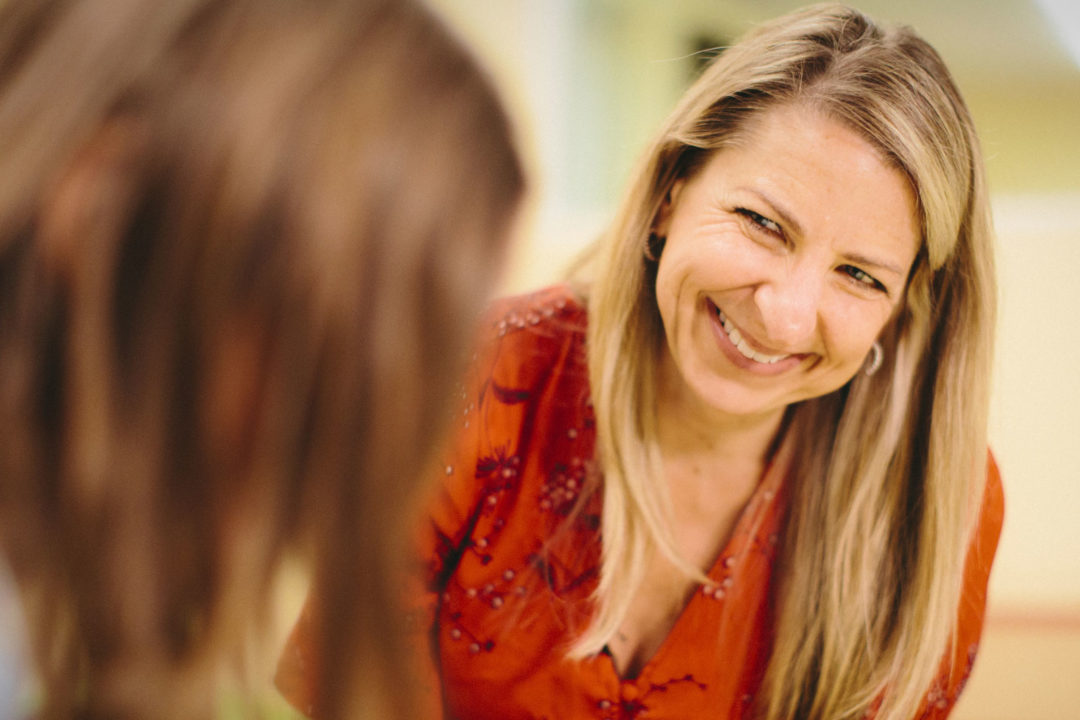As Starr Commonwealth continues to foster healing in 2019 through trauma-informed and resilience-focused care, we would like to celebrate the professionals who make our groundbreaking work possible, and who are driven to heal through their hard work in the field. For June, our spotlight is on Dr. Caelan Soma, PsyD, LMSW, and Chief Clinical Officer of Starr Commonwealth.
Dr. Soma provides trauma assessment and trauma-informed, resilience-focused intervention for youth utilizing evidence-based practices, including TLC’s SITCAP® model programs.
She has been involved in helping with the aftermath of disasters such as Sandy Hook, Hurricanes Katrina, Rita, and others. She is has authored several books, the most recent, 10 Steps to Create a Trauma Informed School and Healing the Experience of Trauma: A Path to Resilience.
She is an internationally acclaimed speaker and trainer, and is the instructor for many Starr TLC courses, including Children of Trauma and Structured Sensory Interventions. She received her doctorate in clinical psychology at California Southern University, where she received the 2013 CalSouthern President’s Award.
In your years of experience, how has trauma-informed care evolved?
The research to support what we have suspected about trauma for many years is now abundant. And, this research spans across ALL disciplines (healthcare, education, psychology, social work, occupational therapy, etc.) When I began working in this field, we focused mostly on social workers and counselors. Today, trauma-informed care matters to everyone!
Neuroscientists have clearly shown through PET scans and MRIs, various portions of the brain becoming activated such as the deepest part of the brain (i.e. difficulty with self-regulation) or other brain structures becoming compromised such as the pre-frontal cortex (i.e. difficulty with decision making, problem solving) as a result of prolonged and exaggerated stress. This aligns with what we observe in children and adults with toxic stress exposure in all settings and how it impacts their physical health, behavior, emotions, ability to learn, socialize and be an active participant in life.
The Adverse Childhood Experiences (ACE) Study has also helped validate the connection between trauma and not just emotional health risk but also physical health.
The field of epigenetics has also evolved significantly which helps provide hope to practitioners for even the most at-risk and traumatized children and adults. Why? Resilience! Even in the most extreme cases, we have an opportunity to provide new experiences which can help change the actual physiology of a person’s body.
We are halfway through 2019, what have you been most excited about this year in your work?
Most exciting to me is the integration of all our knowledge and expertise of trauma-informed care with the 106 year history of resilience-focused practices of Starr. Every training, intervention program, and assessment focuses as much on healing trauma as it does on fostering and restoring resilience.
I recently worked with a child and his father. The child’s school told the father and his son that he had a learning disability and ADHD. After hearing about the child’s history of abuse and neglect before moving to the care of his father, it was obvious to me this child was being observed by his school and compared to his same-age peers from a lens that was not trauma-informed. I was able to help the child, his father and the school understand how trauma had impacted him and that while he was chronologically an 8 year old, developmentally he was more like a 5 year old and needed additional supports in his classroom setting to stay regulated and learn. Simple education for the father, child, and school shifted the mindset completely. In my opinion, this child did not have a learning disability or ADHD. The father and his son were happy to learn that nothing was “wrong” but that “things had happened” and those experiences were impacting him. But, more importantly, there was hope – there were simple things to do both at home, in school and through counseling to improve his school experience.
What have been the most important developments in trauma-informed care recently?
In addition to the aforementioned interdisciplinary approach and application of epigenetics, I would add discoveries in mind-body connections and the polyvagal theory. In other words, the focus on how trauma, stress AND resilience live in our bodies, inside our central nervous systems, and that we have an opportunity, through various experiences and strategies, to not only process and heal trauma but restore and nurture resilience. We’ve found success implementing these theories through movement activities, yoga, mindfulness exercises, expressive arts, breath work, play, etc.
What are 2-3 quick tips readers can begin implementing into their care today?
Assess social-engagement.
- For yourself:
- Check in with yourself. When you work with clients/students are you in an activated state of arousal, a collapsed state and shut down or, are you engaged?
- For your client/student:
- Is the child or adult you are working with in an activated state of arousal, a collapsed state and shut down or, are they engaged?
Engage the central nervous system through the use of sensory based experiences.
- Do you need to help engage your client? Play music, get up and move, take a walk, have them check in with the sensations they feel in their bodies, or invite them to take a few deep breaths.
- Do you need to help your client get into a calmer state? Color in a picture, play in a tray of sand, or invite them to stretch or move into some calming yoga poses
To learn more from Dr. Soma, visit our courses page, featuring the recently updated Children of Trauma and Resilience. Dr. Soma is also featured in many on-site events, including our conference tour.


